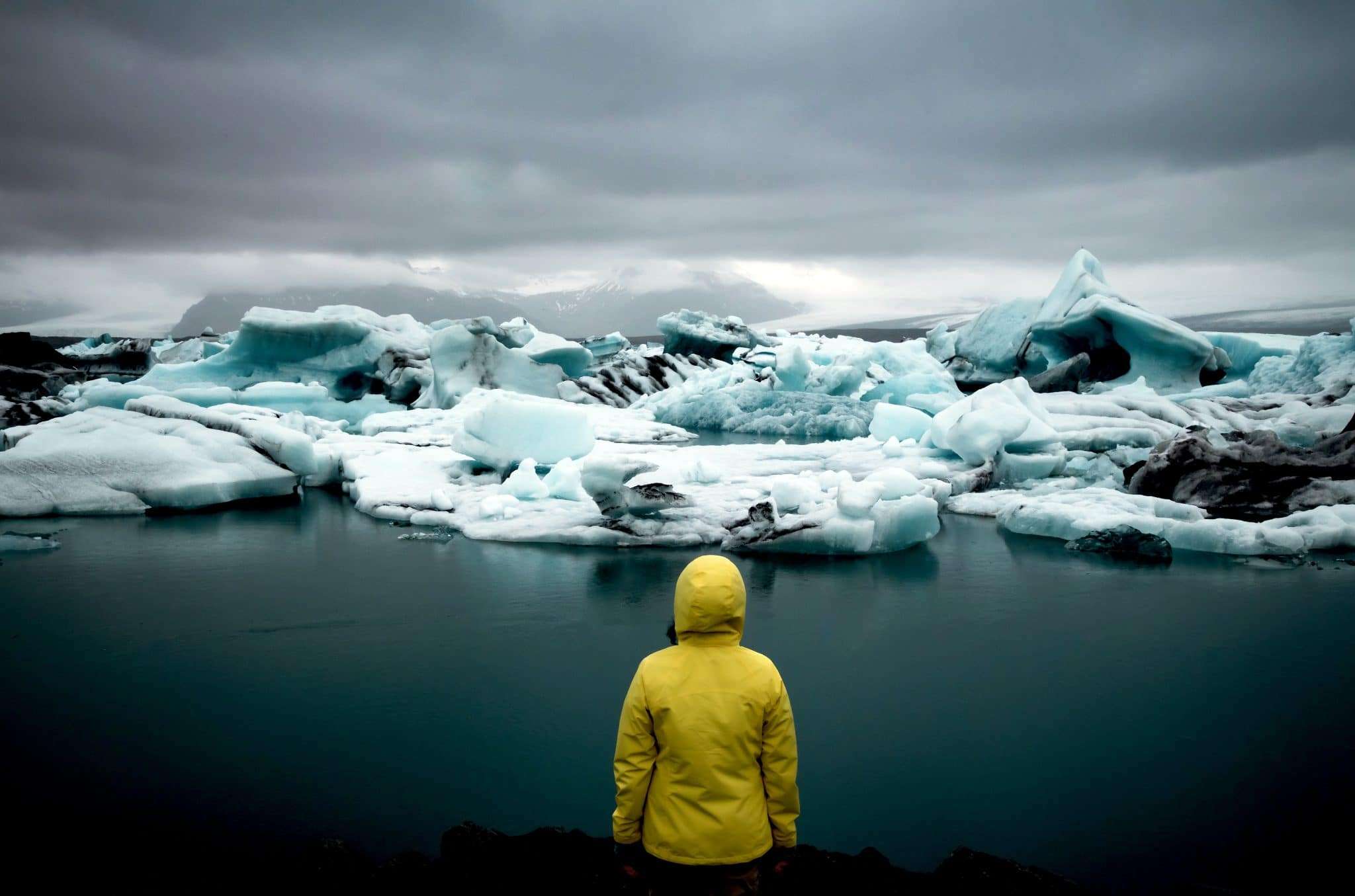In an unprecedented move, the world’s leading climate experts are protesting as part of the Scientist Rebellion movement happening around the world in an effort to save the planet.
A rebellion is underway, led by the decentralized group of climate scientists known as Scientist Rebellion. The scientists are taking to the streets ahead of the sixth IPCC report being released on April 4th.
In dozens of major cities on every continent, the scientists are occupying universities with strikes and occupations in what’s being hailed as the world’s largest-ever scientist-led civil disobedience campaign. More than 30 countries are confirmed, with events happening in the U.S., Mexico, Colombia, U.K., France, Germany, Uganda, Nigeria, the Democratic Republic of Congo, and Australia, among others.
The week of rebellion is expected to draw global attention and support from groups worldwide—it could draw support from celebrity allies such as Cate Blanchett, Jane Fonda, and Leonardo DiCaprio—all are outspoken voices in the fight for climate action.
“Our aim is up to a thousand scientists taking various forms of civil disobedience and direct action, with likely hundreds of arrests,” scientist and Scientist Rebellion spokesperson Kyle Topfer told Ethos via email. He says he’s preparing to be arrested, after leaving his job to speak out about the urgent climate action needed.
“We demand the inclusion of specific training on the current situation of climate emergency, energy crisis and civilizational collapse, in all university degrees, masters and training courses. We demand that universities, research teams, and other scientific groups take measures to meet the emergency. No more solutions based on magical thinking,” Topfer says.
A climate revolution
The scientists say the 1.5°C Paris Agreement target is “dead” and they are calling for a “climate revolution.
Dr. Rose Abramoff, a US climate change scientist, warns that “we have not made the changes necessary to limit warming to 1.5°C, rendering this goal effectively impossible. We need to both understand the consequences of our inaction as well as limit fossil fuel emissions as much and as quickly as possible. As scientists, we tend to be risk-averse. We don’t want to risk our jobs, our reputations, and our time. But it is no longer sufficient to do our research and expect others to read our publications and understand the severity and urgency of the climate crisis.” She is one of the scientists risking her career in an effort to spur action.
“We are experiencing an absolutely exceptional historical situation, in terms not only of the history of our universities, our cities or our countries, but of the history of the human species and planet Earth writ large,” says Prof. Jorge Riechmann, a social scientist from Spain.
“The prospects are ecocide, plus genocide, and require a strong social reaction. We are hundreds of scientists calling on our colleagues across disciplines to join us in the streets, to live up to the truth of the words we write: that if we do not act now, not only is total catastrophe certain; but it would occur in the most unjust way possible, where those who have done the least to cause the problem are those who suffer most from it. I feel a moral obligation to prevent this from happening.”
Civil disobedience
In a letter signed by more than 150 scientists, the group says it is using civil disobedience because they cannot expect the public to treat the climate crisis as an emergency unless they behave as if it is.
“Some believe that appearing ‘alarmist’ is detrimental—but we are terrified by what we see, and believe it is both vital and right to express our fears openly,” reads the letter. “The population sizes of mammals, birds, fish, amphibians, and reptiles have seen an alarming average drop of 68 percent since 1970, along with an apparent collapse in the pollinator populations. At this rate, ecosystems around the world will collapse well within the lifespan of current generations, with catastrophic consequences for the human kind.”
The scientists say that self-reinforcing feedbacks within the climate system, in which hotter climates cause additional global heating, threaten to drive the Earth “irreversibly” into a hot and uninhabitable state.
“These effects are being observed decades earlier than predicted, in line with the worst-case scenarios predicted. Increasingly severe heatwaves, droughts, and natural disasters are occurring year after year, while sea levels may rise by several meters this century, displacing hundreds of millions of people living in coastal areas,” reads the letter.
Scientist Rebellion says there is growing fear in the scientific community that the increase of extreme and overlapping weather events in major agricultural areas will cause global food shortages and trigger a societal collapse.
“Current actions and plans are grossly inadequate, and even these obligations are not being met. The rate of environmental destruction closely tracks economic growth, which leads to us extracting more resources from Earth than are regenerated,” says the group. “Governments and corporations aim to increase growth and profits, inevitably accelerating the destruction of life on Earth.”
The group says decarbonization doesn’t have to mean a reduction in living standards but instead could be facilitated by the top one percent of earners contributing to efforts to stabilize the earth’s climate.
“The most effective means of achieving systemic change in modern history is through non-violent civil resistance,” Scientist Rebellion says. “We call on academics, scientists, and the public to join us in civil disobedience to demand emergency decarbonization and degrowth, facilitated by wealth redistribution.”
Scientist Rebellion says it will be on the streets between April 4th and 9th, “acting like our house is on fire. Because it is.”


